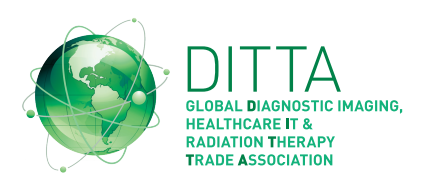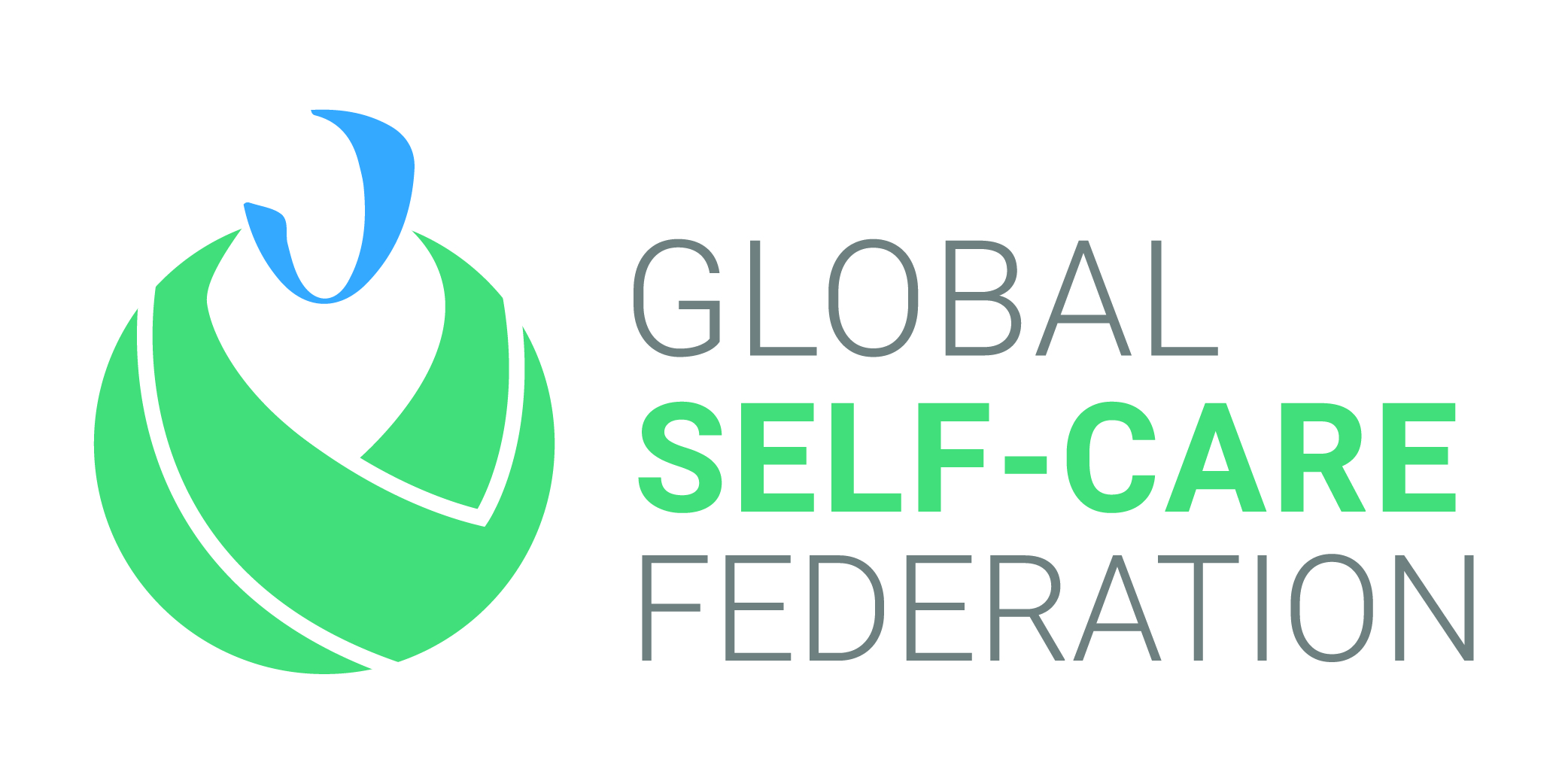Strengthening the global architecture for health emergency preparedness, response, and resilience (EB152)
On 31 January 2023, IFPMA attended the 152nd session of the Executive Board at the World Health Organization in Geneva. IFPMA delivered a constituency statement with DITTA, GCSF, and BIO for the agenda item related to strengthening the global architecture for health emergency preparedness, response, and resilience.
COVID-19 showed that a fast and effective response to global health threats require unprecedented public-private partnerships and a strong, IP-based innovation ecosystem. Multistakeholder collaboration is a cornerstone of pandemic crises management where industry’s proven ability to deliver innovative R&D, quick manufacturing scaling up, and global supply chain management should be enabled and leveraged. In this capacity, the private sector should be included as a critical partner in preparedness, response, and recovery.
Important challenges remain to improve equitable rollout of vaccines, treatments, screening, and diagnostics in future pandemics. Recognizing that we should act faster and better, the innovative pharmaceutical industry has committed to early access – via the Berlin Declaration – by reserving an allocation of real-time production of vaccines and treatments for priority populations in lower-income countries and taking measures to make them available and affordable.
There are complex interdependencies in the global health architecture, and it is important to avoid unnecessary overlaps. Any new system should be complementary, leverage existing instruments, and include clarifications on how it relates to other existing frameworks, rather than create new pathways where proven ones already exist. We encourage WHO to maintain focus on its core mission as a global technical authority, setting norms and standards. In line with the principle of subsidiarity, tasks and decision-making processes that are more efficiently performed nationally or regionally should remain at these levels.
We are encouraged to see the Pandemic Fund will support and prioritize PPR in inter-pandemic times. We believe that continued investments and timely availability of funding during pandemic and interpandemic times is critical to ensure better pandemic preparedness. Increasing health systems readiness and resilience requires long term global and local investment, which cannot happen after a pandemic has already hit.
Also, we need to ensure the continuation of essential services across the continuum of care for people living with NCDs throughout public health emergencies. All efforts related to public health emergencies preparedness and response should be used to build on efforts to achieve UHC.
Constituency Statement on behalf of:
- International Federation of Pharmaceutical Manufacturers and Associations (IFPMA)
- Global Diagnostic Imaging, Healthcare IT & Radiation Therapy Trade Association (DITTA)
- Global Self-Care Federation (GSCF)
- Biotechnology Innovation Organization (BIO)
Media Contacts






